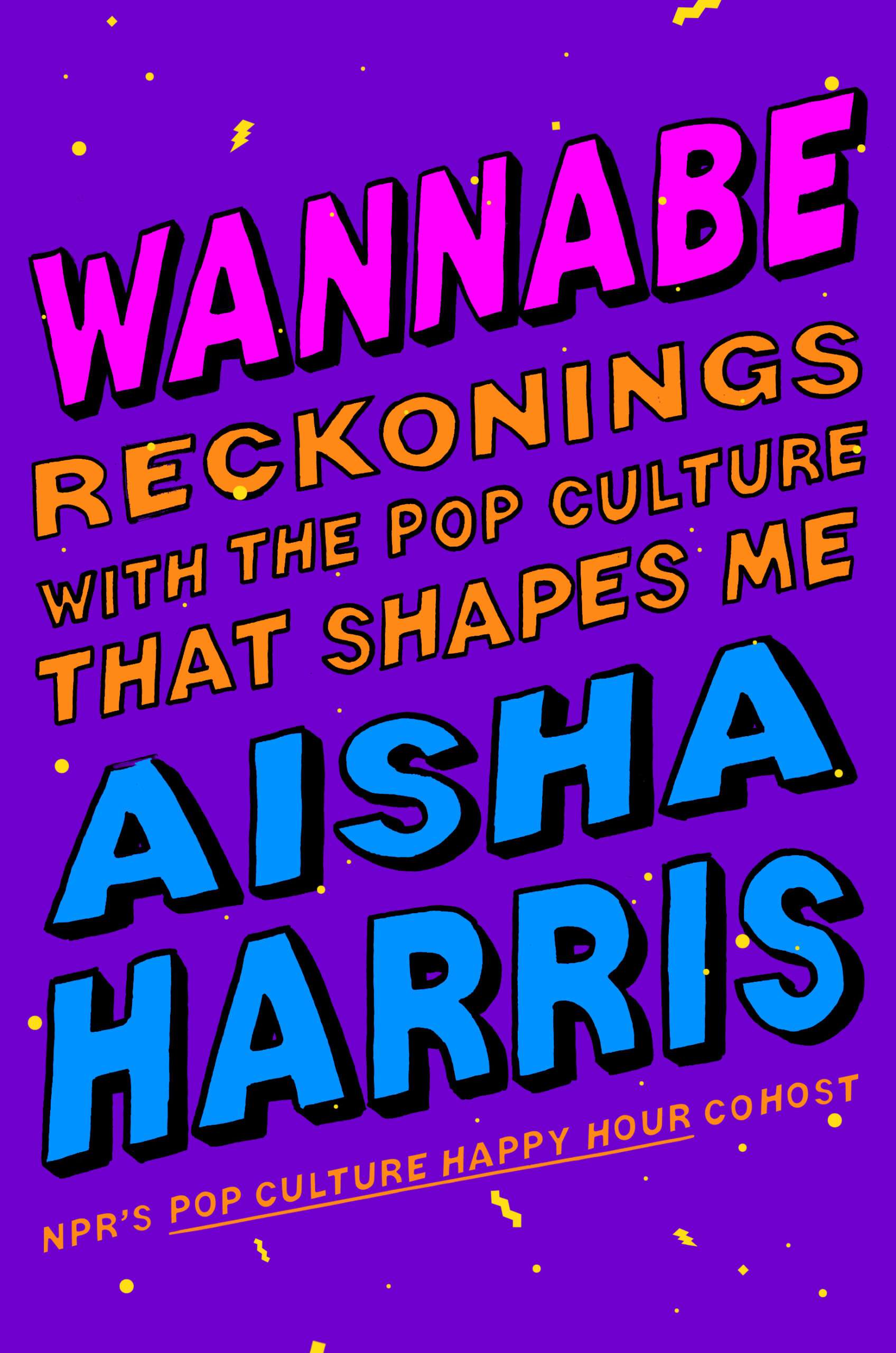
Aisha Harris Speaking Fee: $10,000 and Below

Speaking Fee:
$10,000 and Below
Travels From:
OAK - Oakland, CA
Travels From:
OAK - Oakland, CA
Primary Topic Category:
Pop Culture / College Programming
Primary Topic Category:
Pop Culture / College Programming
Secondary Topic Category:
African American & Black
Secondary Topic Category:
African American & Black
Aisha Harris Speaker Profile: At A Glance
Aisha Harris is a co-host and reporter for the NPR podcast Pop Culture Happy Hour. She previously covered the arts as a critic, editor, and podcaster for The New York Times and Slate Magazine. Her subjects have included film and TV criticism, artist interviews, and cultural reporting/essays, and she has appeared on numerous radio and TV programs as a cultural commentator. She earned her bachelor's degree in theatre from Northwestern University and her master's degree in cinema studies from New York University. Aisha is the author of the essay collection "Wannabe: Reckonings with the Pop Culture That Shapes Me".
Aisha is currently a co-host and reporter for the NPR podcast Pop Culture Happy Hour. From 2012 to 2018, she covered culture for Slate Magazine as a staff writer, editor and the host of the film and TV podcast Represent, where she wrote about everything from the history of self-care to Dolly Parton’s (formerly Dixie) Stampede and interviewed creators like Barry Jenkins and Greta Gerwig.
She joined The New York Times in 2018 as the assistant TV editor on the Culture Desk and produced a variety of pieces, including a feature Q&A with the Exonerated Five and a deep dive into the emotional climax of the Pixar movie Coco. And in 2019, she moved to the Opinion Desk in the role of culture editor, where she wrote and edited a variety of pieces at the intersection of the arts, society and politics.
Born and raised in Connecticut, she earned her bachelor’s degree in theatre from Northwestern University and her master’s degree in cinema studies from New York University. She is the author of the essay collection "Wannabe: Reckonings with the Pop Culture that Shapes Me".
This is provided for informational purposes. Gotham does not represent these speakers exclusively.
All information is subject to change, including fees. if this is your speaker page and you would like this page
updated or removed please contact us and we will respond within 24 hours.
















